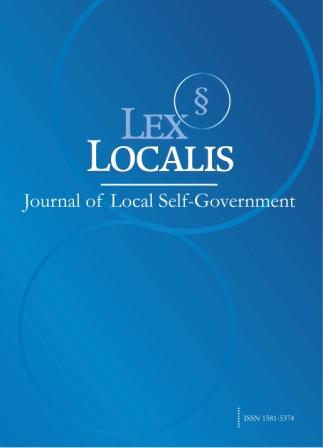THE IMPACT OF MONETARY POLICY ON THE COOPERATIVE SECTOR: A COMPREHENSIVE ANALYSIS OF ITS ROLE IN COLOMBIA'S ECONOMIC STABILITY OVER THE LAST 5 YEARS
DOI:
https://doi.org/10.52152/800335Keywords:
Monetary policy, Economic stability, Cooperative, Interest rates, COVID-19, sustainable economic developmentAbstract
Colombia, akin to numerous other nations, is grappling with substantial economic transformations in the wake of the pandemic, the Russian invasion of Ukraine, and the prevailing cost-of-living crisis. In response to these challenges, the nation has adopted a series of measures aimed at tightening monetary policies. The fundamental objective of these measures is to ensure the economic sustainability of the nation in the short, medium, and long term. The present study aims to evaluate the financial impact on the cooperative sector in relation to the monetary policy measures employed as a mechanism of economic stability in Colombia over the past five years. An examination was conducted of a sample of savings and credit cooperatives, along with their financial reports from 2019 to 2023. The findings indicate that the profitability, solvency, and access to credit of these cooperatives have been adversely affected. However, the analysis also underscores the capacity for adaptation and innovation within the cooperative sector, as well as the opportunities that emerge in an ever-changing economic environment. This analysis underscores the importance of cooperatives as financial institutions and as key agents for promoting social inclusion and sustainable economic development in Colombia.
Downloads
Published
Issue
Section
License
Copyright (c) 2025 Lex localis - Journal of Local Self-Government

This work is licensed under a Creative Commons Attribution-NonCommercial-NoDerivatives 4.0 International License.








